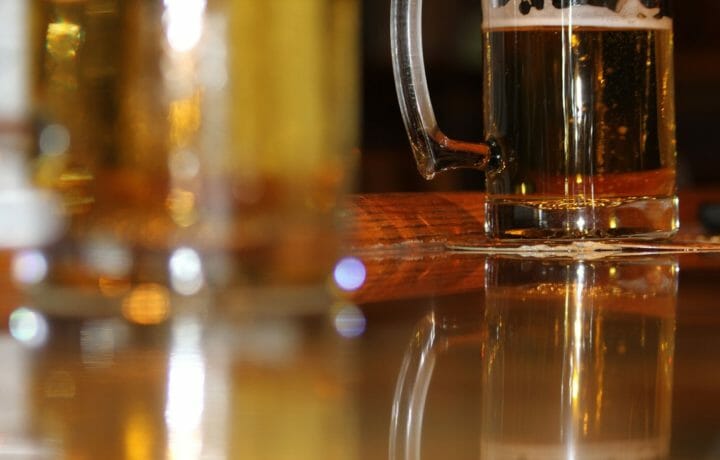Fool me once, shame on you, fool me twice, shame on me. You may think the same thought process would apply to criminal run-ins for security clearance applicants, but the good news is the whole person concept can cover a multitude of sins – and if a string of DUIs in your past has you concerned about your security clearance prospects today, you don’t necessarily need to count yourself out of the cleared job running.
Alcohol consumption is one of the security clearance adjudicative guidelines. Absent alcohol-related offenses like a DUI, the government also considers your overall attitude and dependency on alcohol, asking questions about the amount of alcohol consumed, morning drinking, and how alcohol affects your mood.
Recency, rehabilitation, and positive lifestyle changes are all mitigating factors when it comes to alcohol-related incidents. One may assume (or fear) that a string of DUIs may be a deal breaker in the security clearance process, but if you can demonstrate that those alcohol issues were related to a specific life issue – a season of intense stress or personal challenges – and you’ve put that behind you, you can mitigate even multiple DUIs to obtain or keep a security clearance.
The farther your alcohol-related incidents are behind you, the better, but even getting a DUI while holding a security clearance doesn’t mean you’ll lose your eligibility. Rehabilitation – including alcohol treatment or counseling – can be a major mitigator. Positive life changes like making a move, changing employers, or leaving negative relationships behind can also mitigate previous alcohol-related incidents.
Avoiding acknowledging your alcohol-related incidents is the worst thing you can do – whether downplaying any arrests or charges, or even worse, failing to list them at all. Even if you believe a DUI or alcohol-related arrest is no longer on your record, you still need to disclose it. Better to be up front and offer the mitigating factors than try to hide anything.




